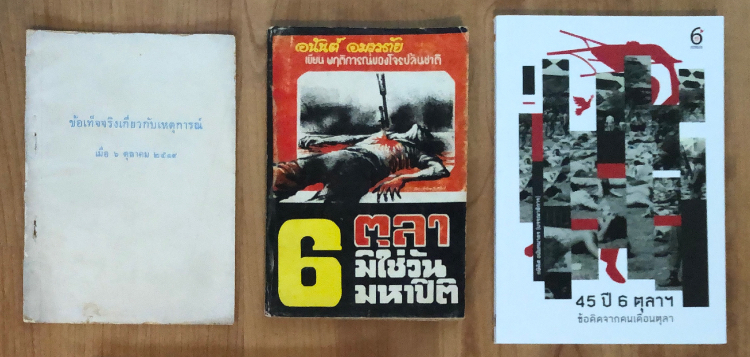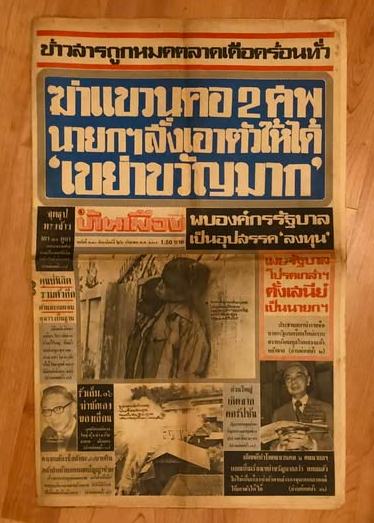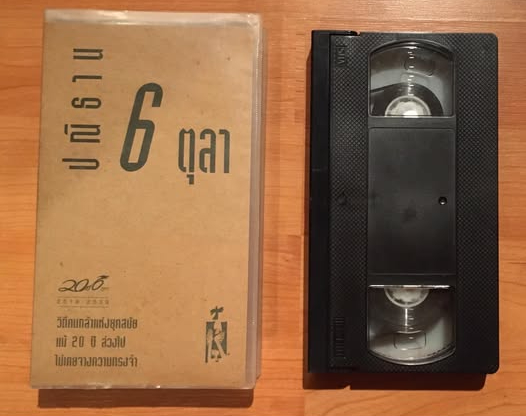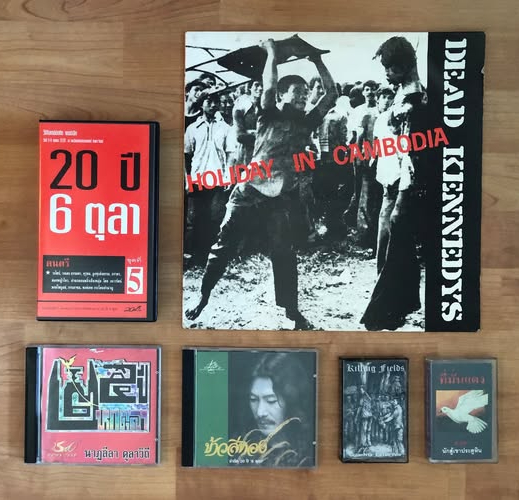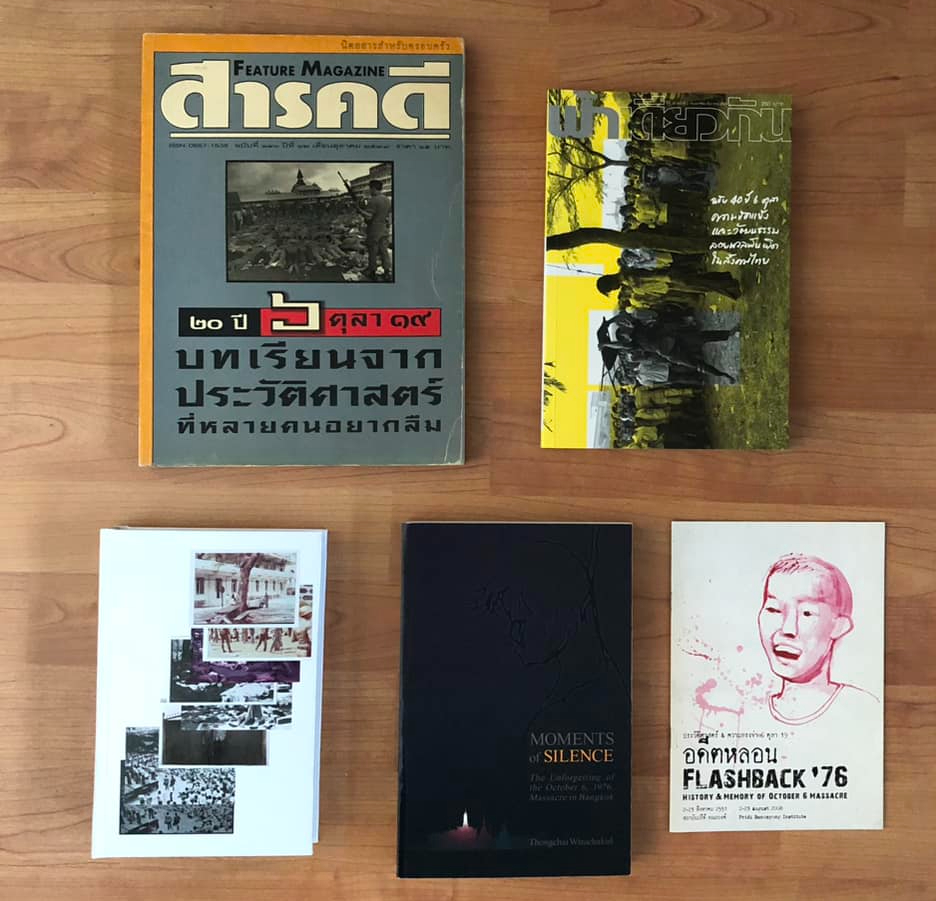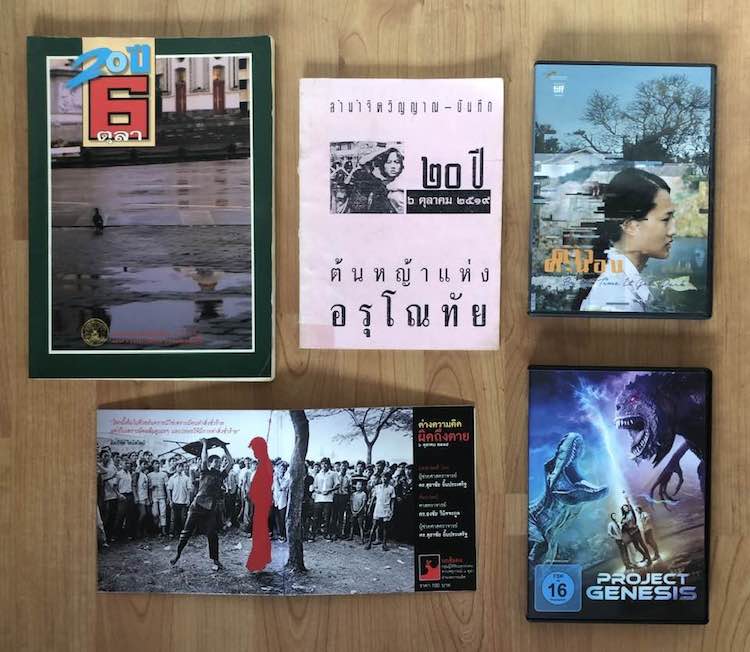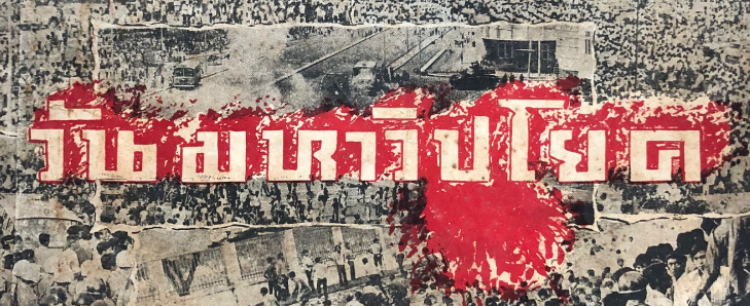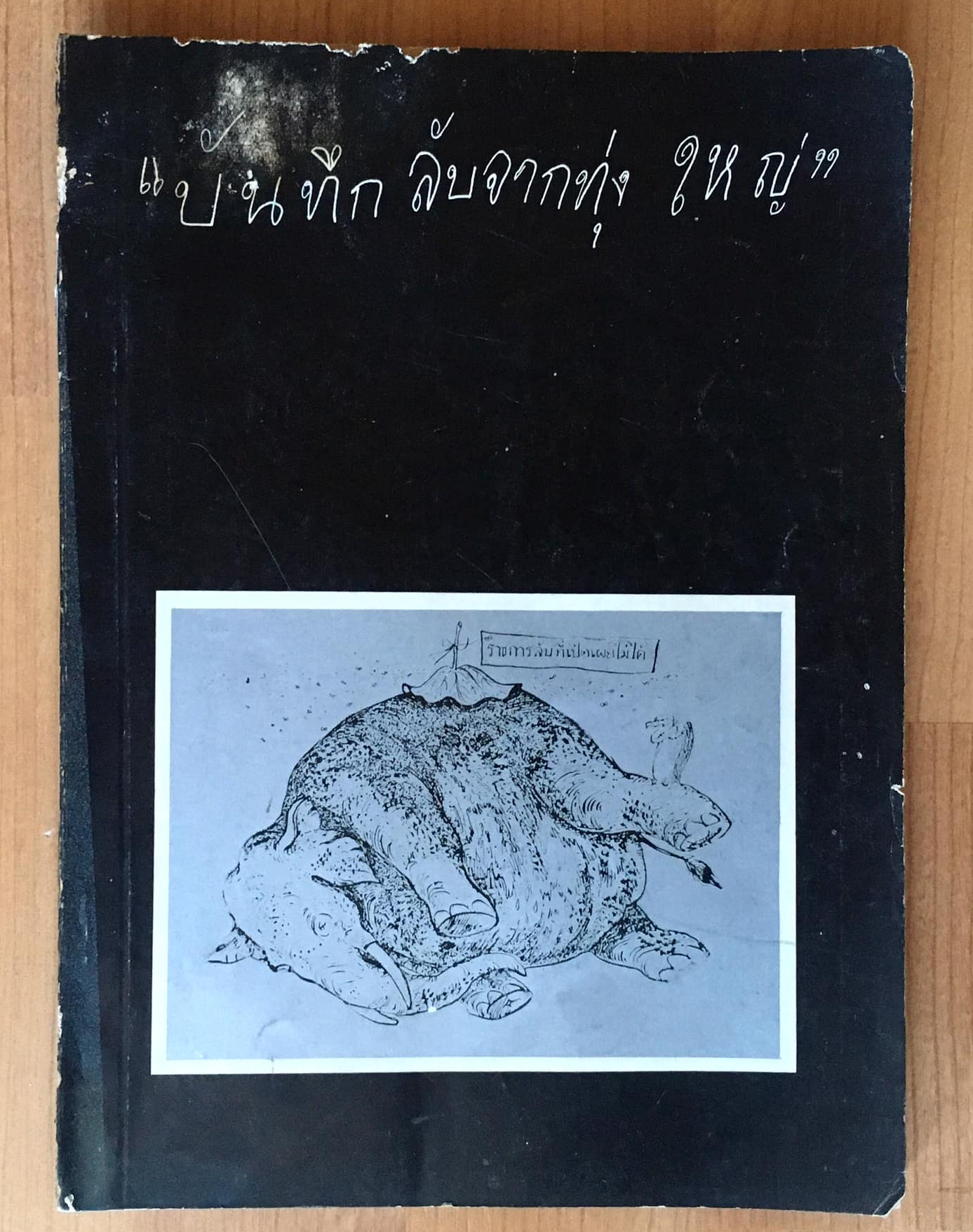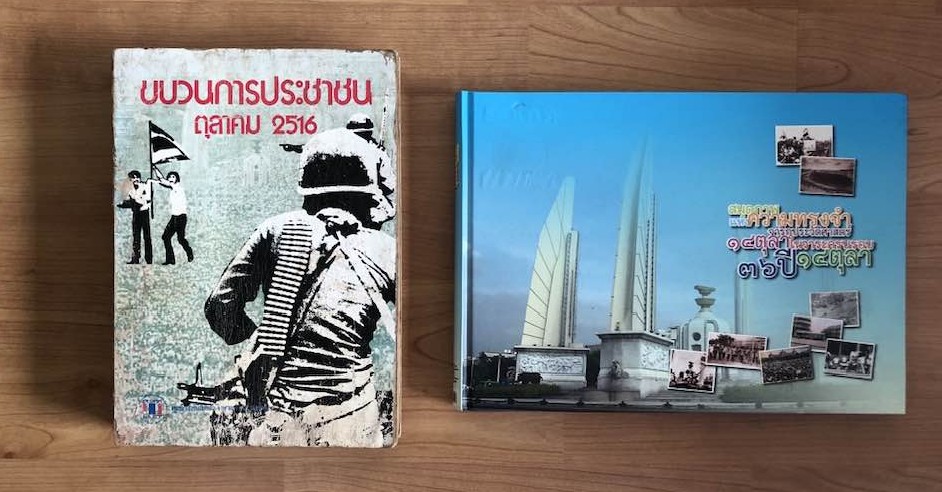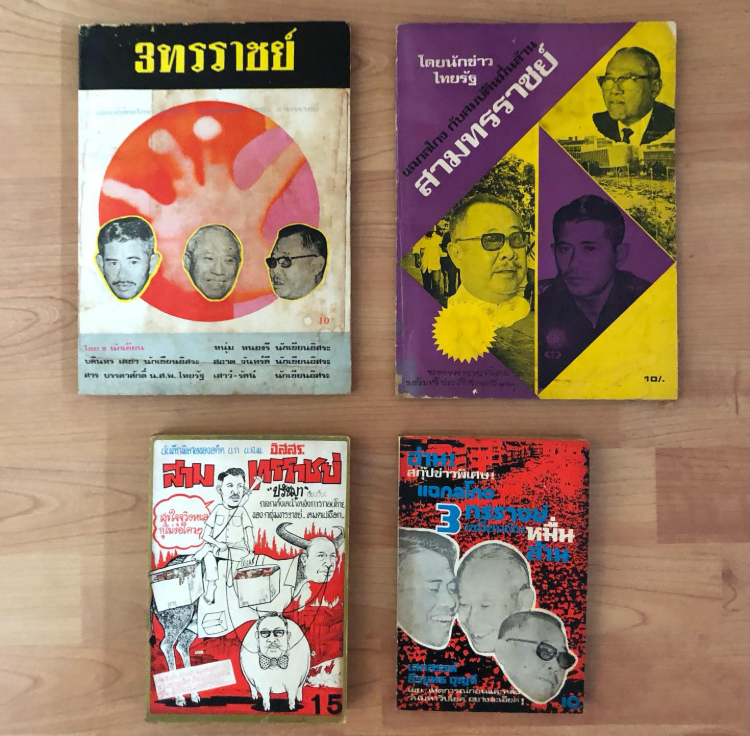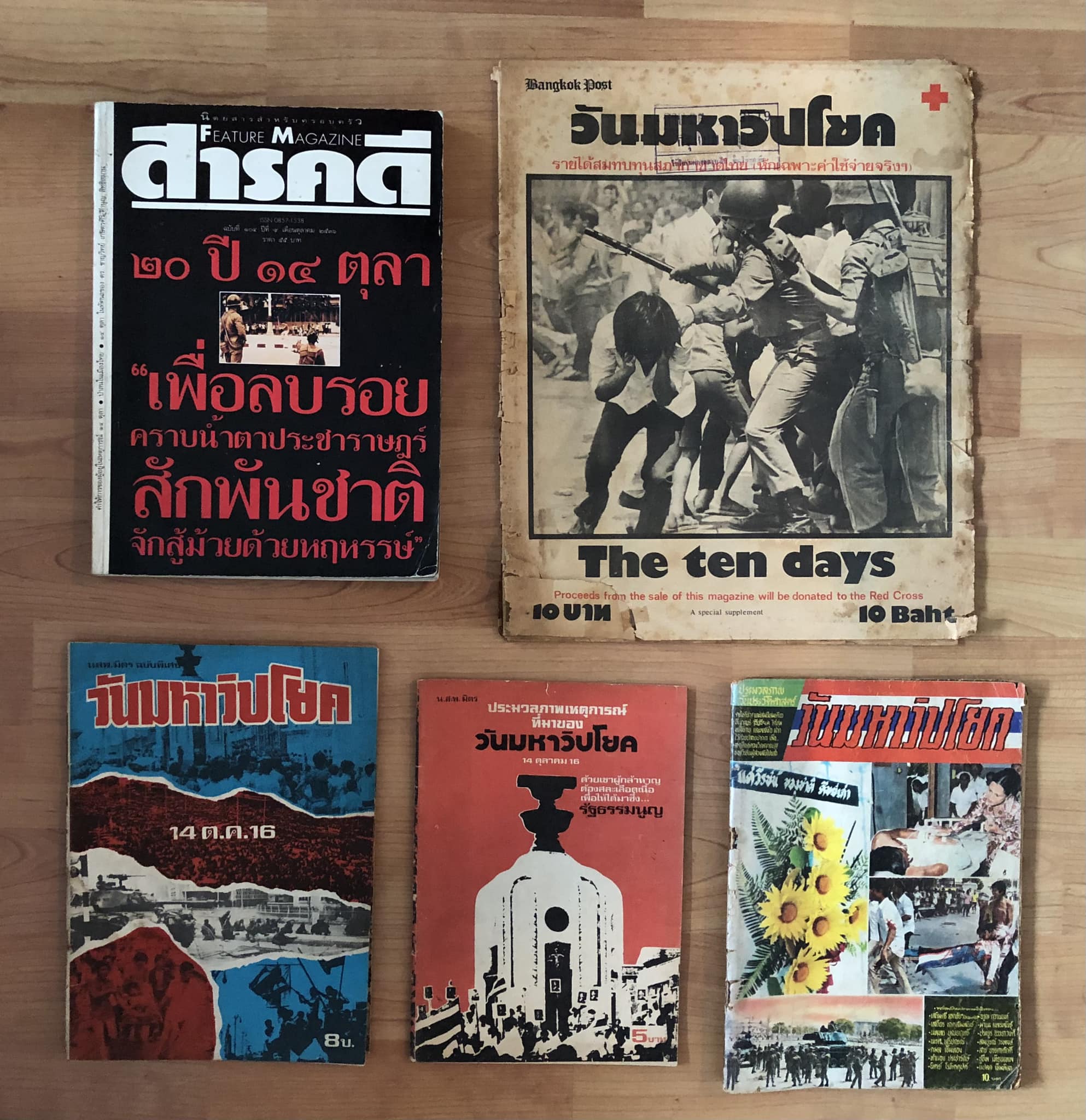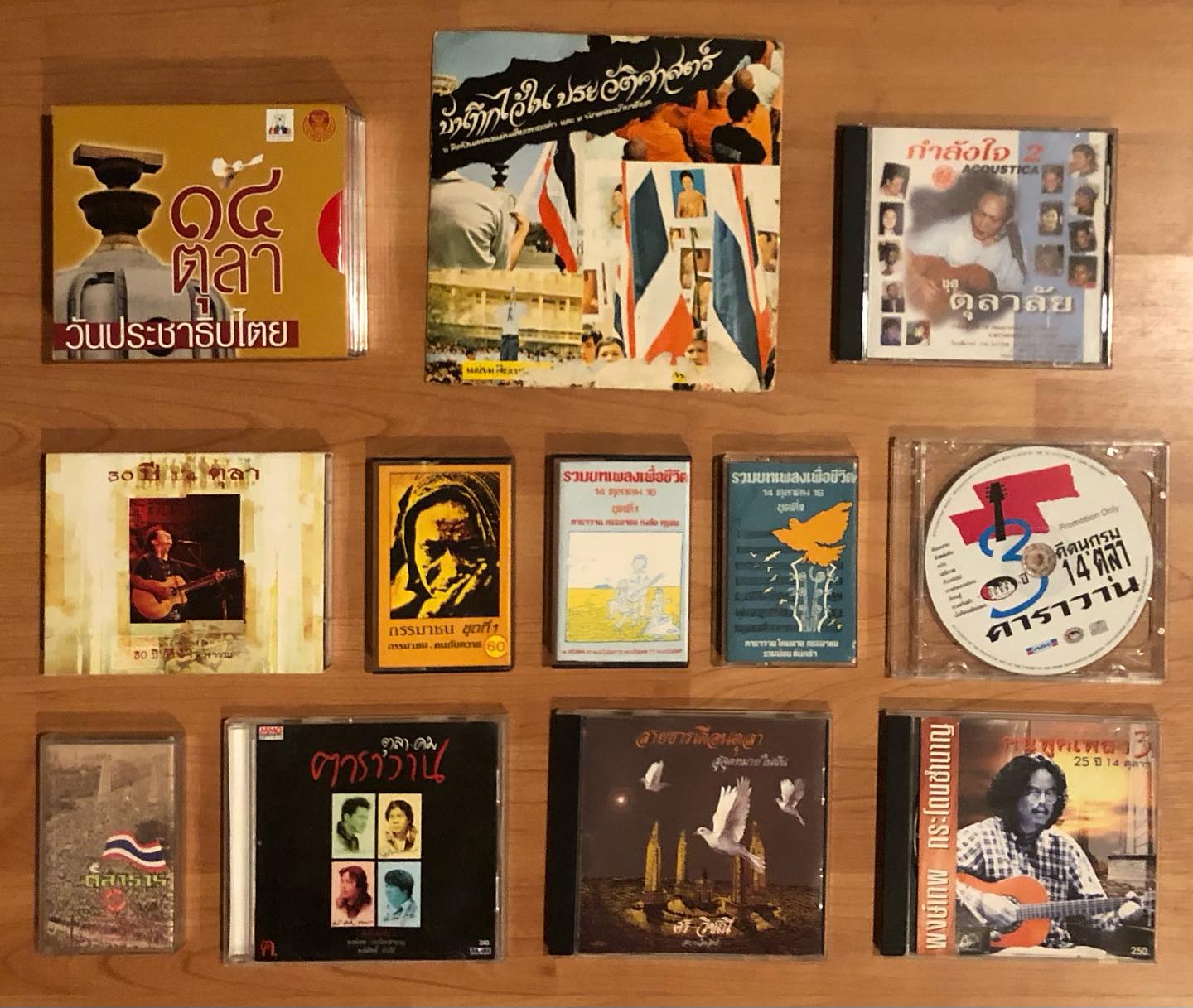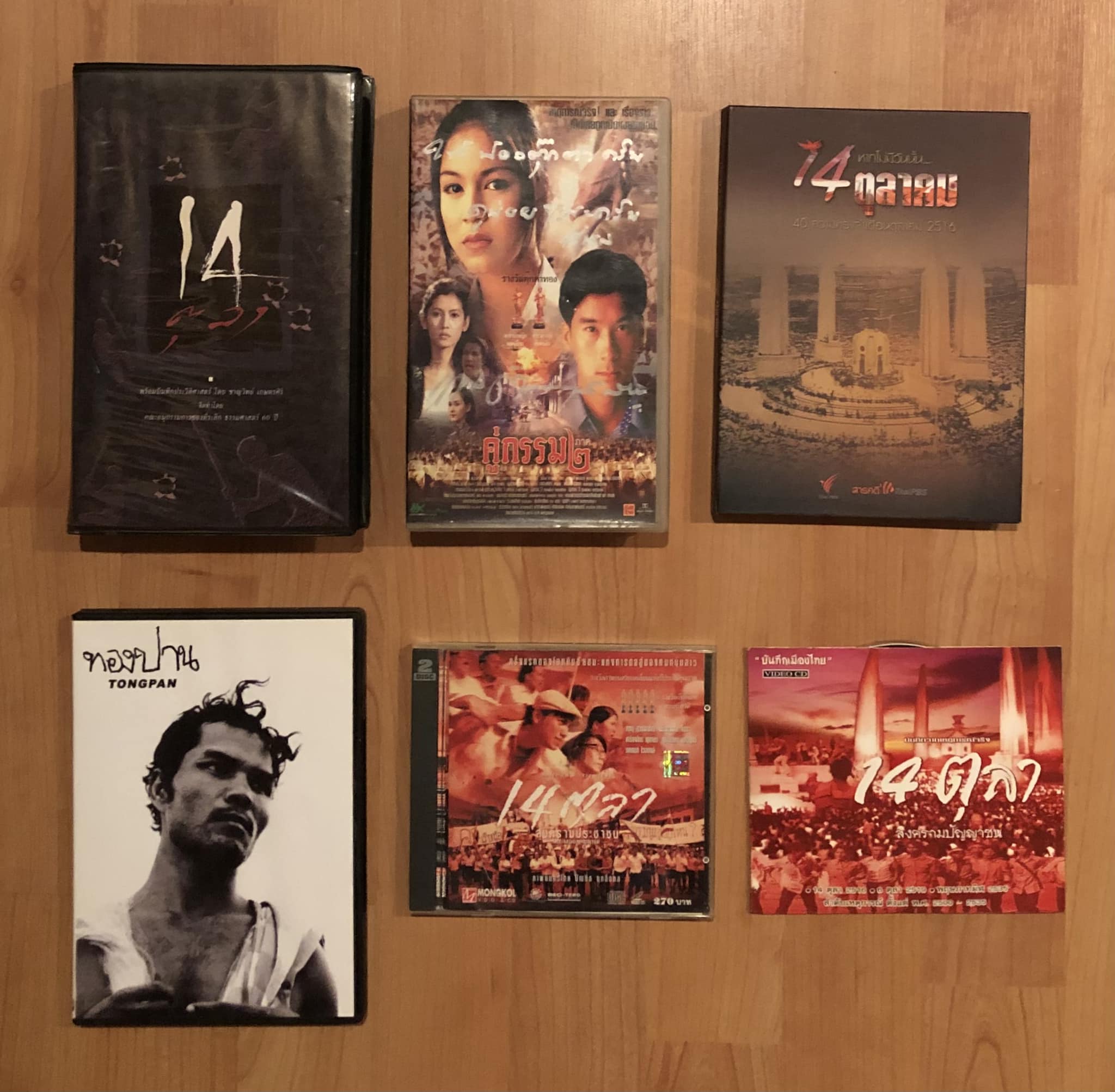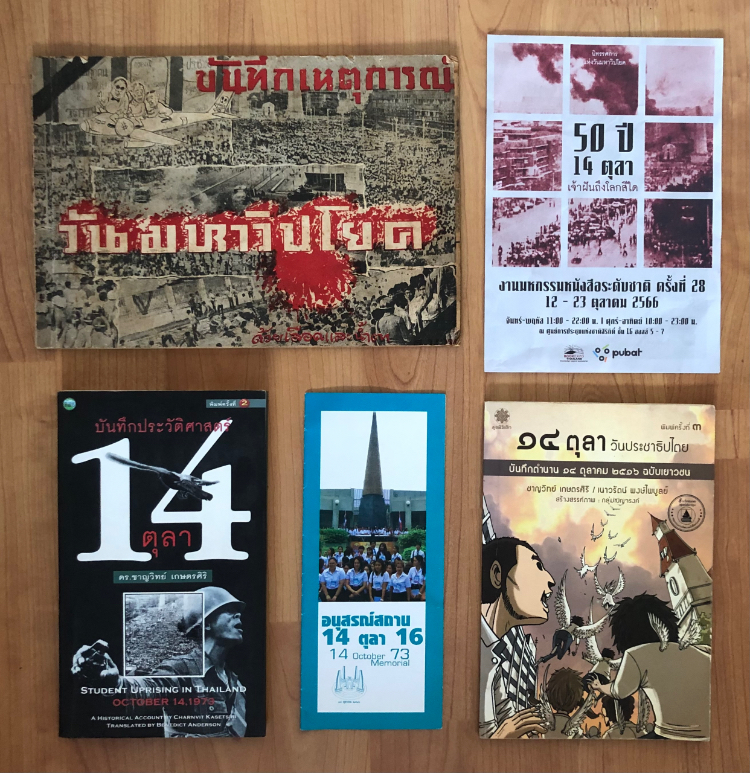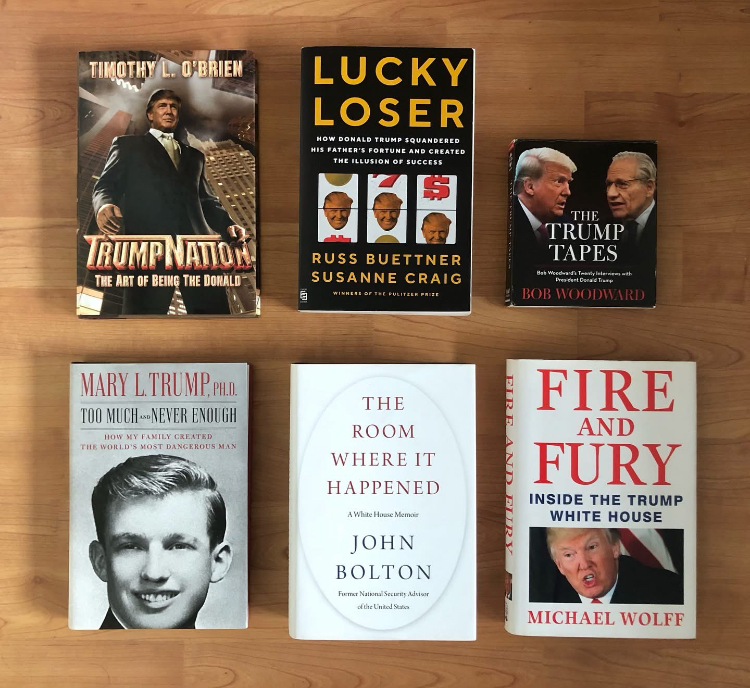
Mr. Scorsese, Rebecca Miller’s documentary on Martin Scorsese, was released in five hour-long episodes on Apple TV+ this month. Scorsese gives a frank and extensive interview, and his early life and major films — Taxi Driver, Raging Bull, GoodFellas, and many others — are covered in detail.
But even five hours is not enough time to cover such a storied career. Hugo isn’t mentioned at all, there is no coverage whatsoever of the documentaries Scorsese has directed, and the last twenty-five years are all squeezed into the final episode.
It’s clear that the devoted family man Scorsese has become — caring for his disabled wife and making TikTok videos with his youngest daughter — is very different to the distant and volatile man he once was. The documentary doesn’t shy away from the personal and professional low points in his life, such as his 1978 cocaine overdose.
Before Mr. Scorsese, the most widely available Scorsese documentary was the hour-long Martin Scorsese Directs, shown on PBS in 1990. Richard Schickel’s book Conversations with Scorsese was based on his documentary Scorsese on Scorsese, and there are also two books with that title, by Ian Christie and Michael Henry Wilson.
But even five hours is not enough time to cover such a storied career. Hugo isn’t mentioned at all, there is no coverage whatsoever of the documentaries Scorsese has directed, and the last twenty-five years are all squeezed into the final episode.
It’s clear that the devoted family man Scorsese has become — caring for his disabled wife and making TikTok videos with his youngest daughter — is very different to the distant and volatile man he once was. The documentary doesn’t shy away from the personal and professional low points in his life, such as his 1978 cocaine overdose.
Before Mr. Scorsese, the most widely available Scorsese documentary was the hour-long Martin Scorsese Directs, shown on PBS in 1990. Richard Schickel’s book Conversations with Scorsese was based on his documentary Scorsese on Scorsese, and there are also two books with that title, by Ian Christie and Michael Henry Wilson.


